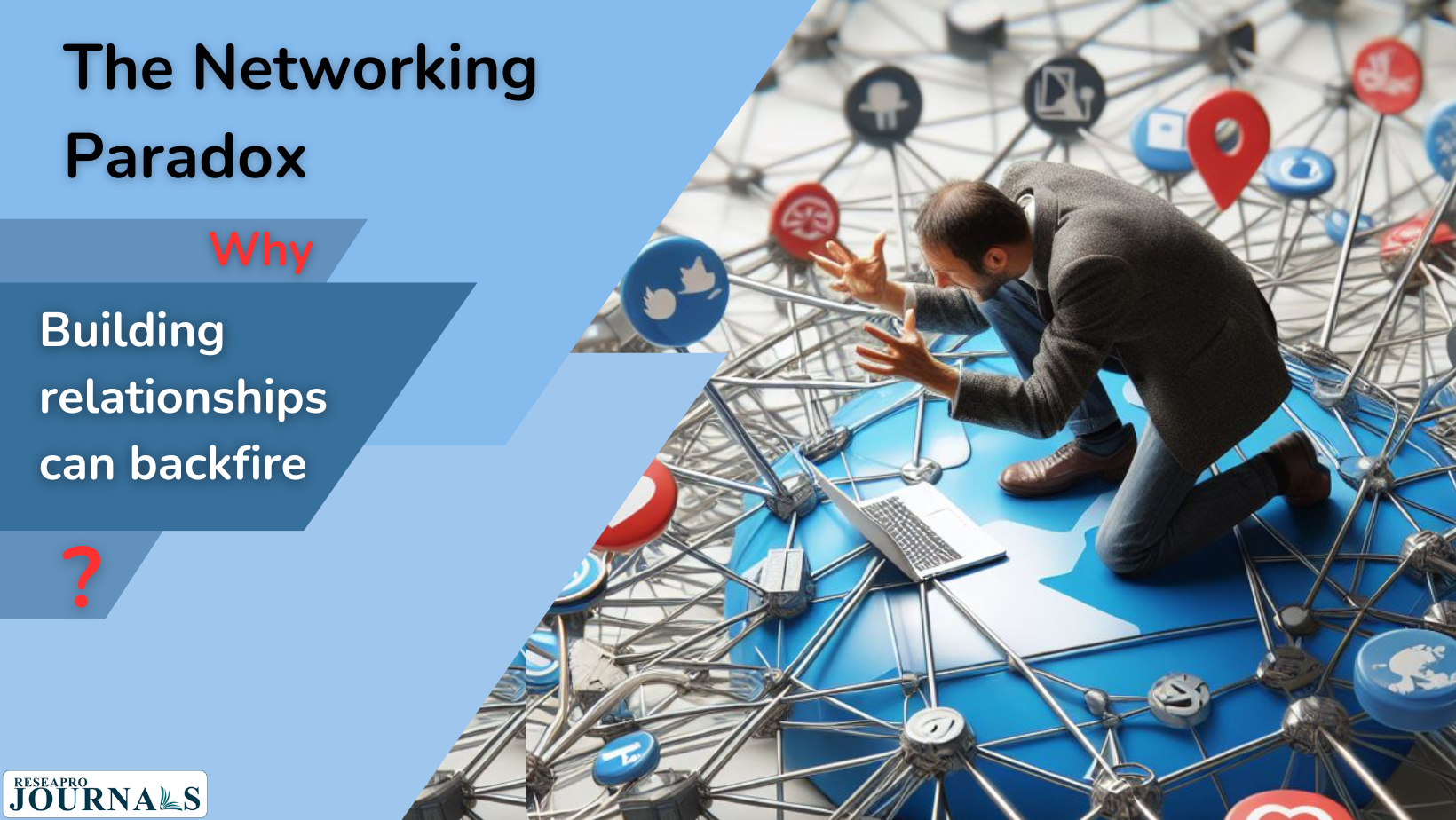The Networking Paradox
The common belief is that networking is crucial for career advancement. However, new studies indicate that the type of network you create may actually hinder your performance depending on your cognitive style. A study published in the Academy of Management Journal discovered that individuals who are more adaptable and focus on practical solutions tend to benefit from networks with structural holes, which are connections that bridge otherwise unconnected groups. However, these same individuals tend to shy away from forming these types of connections. On the other hand, individuals who are more innovative and focus on creative solutions do not benefit from structural holes and may even be hindered by them. Yet, they are more likely to establish these connections. These findings suggest that people may unintentionally construct networks that are not conducive to their success. Organizations can assist employees in developing their networking skills and building networks that are compatible with their cognitive styles.
Understanding Structural Holes
Structural holes are openings in a network that allow for connections between otherwise unconnected groups. These connections can provide access to new information, resources, and opportunities. However, they can also be time-consuming and require effort to maintain.
Individual Cognitive Styles
Individual cognitive styles play a significant role in determining how people approach networking and whether they benefit from structural holes.
- Adaptable/Practical Individuals: These individuals thrive in networks with structural holes because they are adept at bridging gaps and connecting people. However, they may shy away from these connections due to their preference for efficiency and practicality.
- Innovative/Creative Individuals: These individuals are more likely to build structural holes because they are drawn to novel ideas and connections. However, they may not fully reap the benefits of these connections due to their focus on creativity and exploration.
The Networking Paradox highlights the importance of understanding individual cognitive styles when it comes to networking. Organizations can help employees leverage their strengths and build networks that are conducive to their success.




